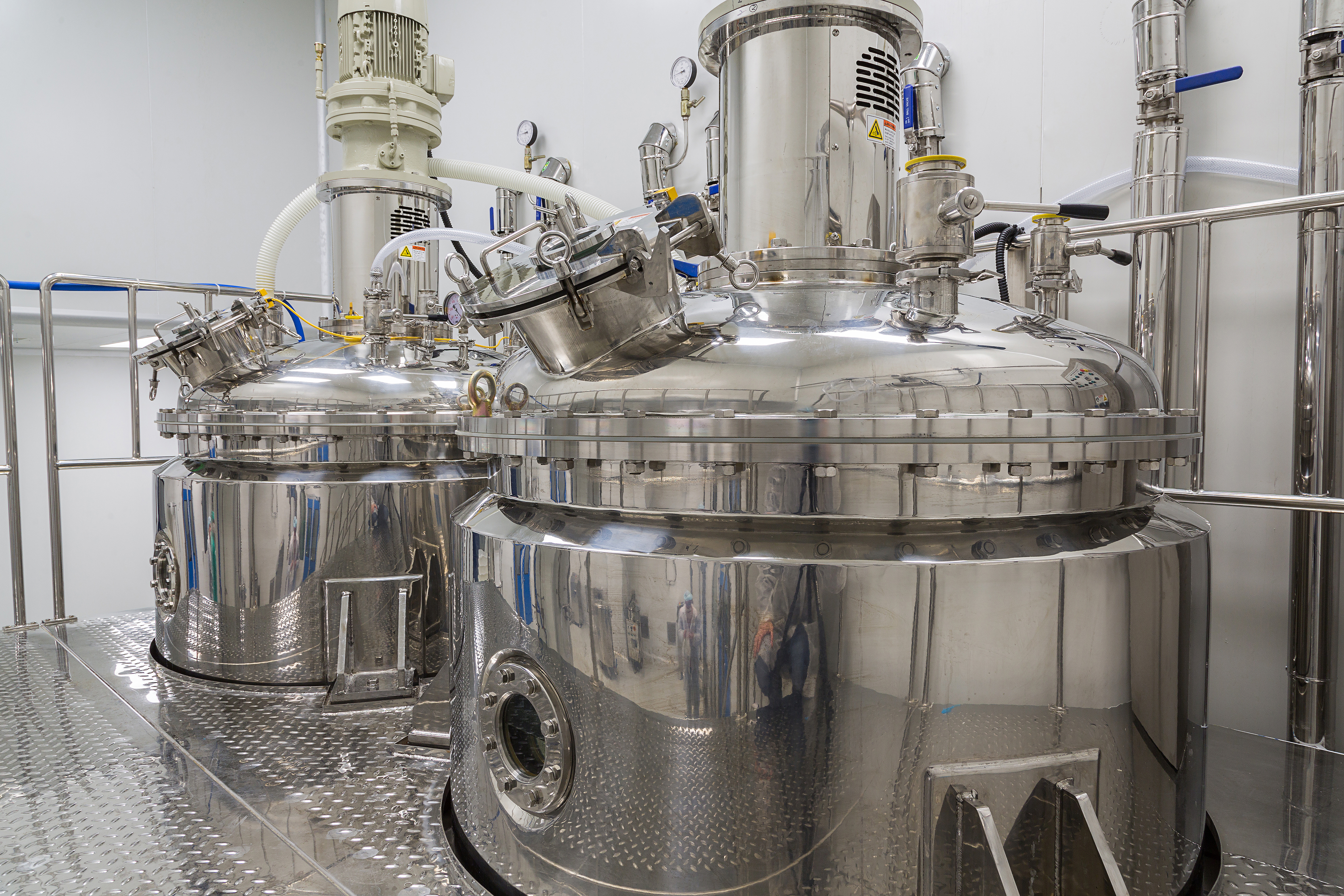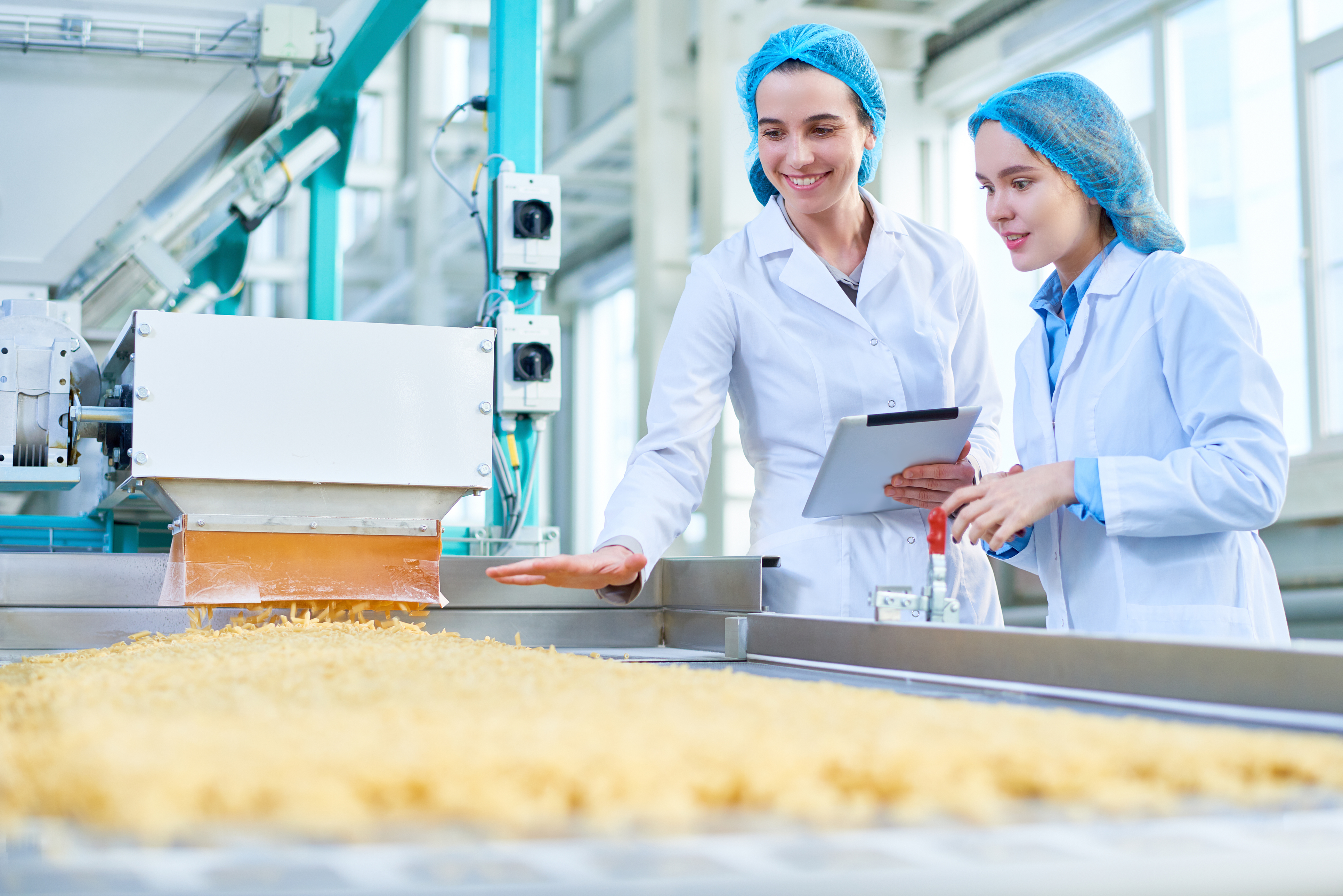What are R&D tax credits?
Introduced by the UK Government in 2000, R&D Tax Credits are designed to encourage innovation by allowing businesses to reclaim some of the money they have spent on developing new – or improving existing – products, services and process.



